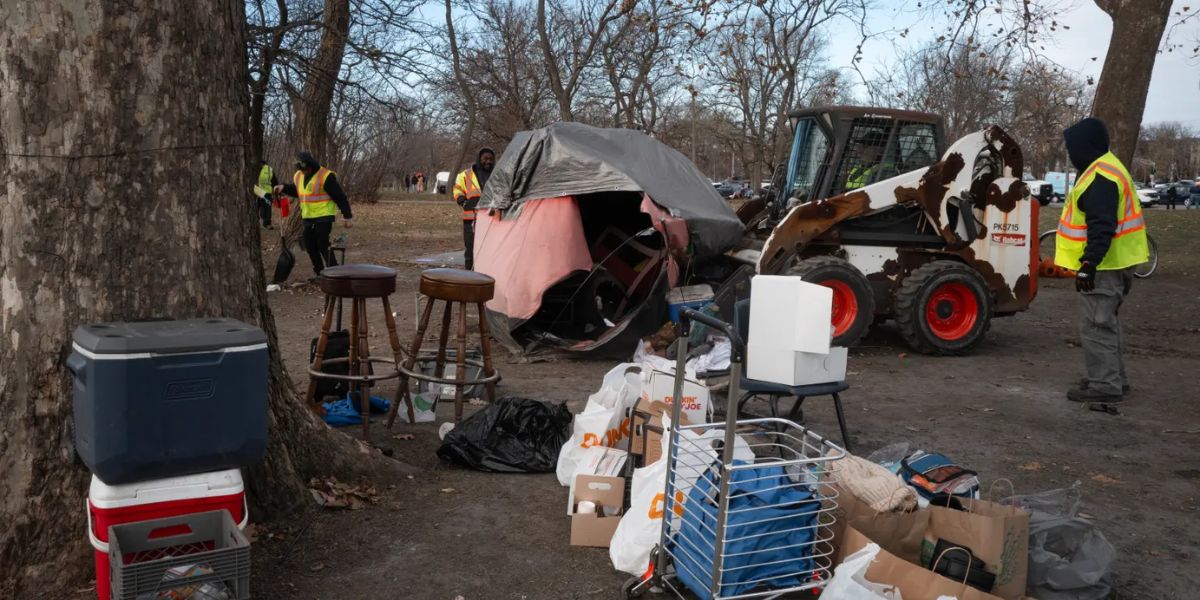State Sen. Brian Strickland said he expects the Legislature to implement “significant policy moves in the coming years” to handle childcare concerns for Georgia households.
Republican Stickland chairs the Senate Study Committee on Access to Affordable Childcare, which meets Monday to hear from diverse childcare providers, nonprofit organizations, and education partners on the several ways that childcare might be made more reasonably accessible and affordable all around the state.
“Hopefully, what we are doing and what we have done, has started a very serious conversation about this with our friends up here at the state capital,” Strickland said. “We all know how important this is for our state, along with the families in our state and for our workers in our state.”
First passed in February by the Senate to examine “the conditions, needs, issues, and problems” pertaining to “the struggle to find affordable child care options, both for preschool and school-aged children,” legislation funding the committee was first passed. It passed handily, with just three nay votes.
The Act states that the “COVID-19 pandemic exacerbated this problem, causing both child care centers to close and costs to rise for families.”
Initiated in 1992 and supporting child care and educational initiatives, the Georgia Lottery showed up at the conference. According to reports, it set aside $1.49 billion for those initiatives last fiscal year.

“Every day, we go to work, for the bottom line reason of our beneficiaries,” said Gretchen Corbin, CEO and president of the lottery. “We sell lottery tickets, to send profits to the state of Georgia, for the governor and you to allocate to education.”
Corbin said in the past decade that the lottery has generated $28.7 billion for educational initiatives.
This was “our ninth consecutive year for $1 billion in returns,” Corbin said. “Our lottery is one of the strongest lotteries, not just in the nation, but throughout the world.”
By supporting pre-K programs, Strickland said the lottery helps solve state childcare problems.
“A big part of affordable child care is our pre-K system,” Strickland said. “It’s also a big part of child care for young families, young working families.”
Many speakers discussed the need for increased state money to assist low-income families especially.
“If the Legislature can get it done, it would mean a generational investment in child care and really the type of investment that the state requires to meet the need,” said Ife Finch Floyd, of the Georgia Budget and Policy Institute.
Most likely before Christmas, the seven-member committee will convene one again to go over recommendations to transmit to the remainder of the Legislative Assembly. Dec. 15 will be the official committee dissolution date.


 by
by 

